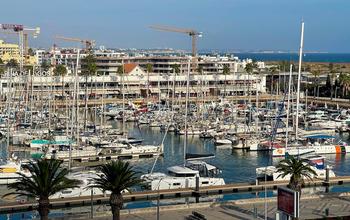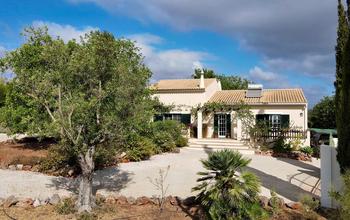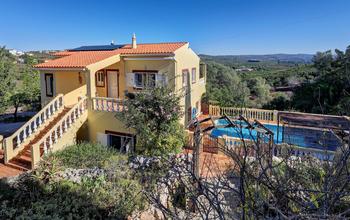Property-related Tax Information
last updated: February 2022
Fiscal (Tax) Number
When buying a property in Portugal you will need a tax number número de contribuinte issued by the local tax office Finanças. This is also needed to open a Portuguese bank account and for connecting water, electricity, telephone, etc.
Residency
If you are a national of a European Union country, Iceland, Liechtenstein, Norway or Switzerland and you remain in Portugal for a period of more than
three months, you should request a Registration Certificate
Certificado de Registo from the Municipality or town hall in the area you
live. This document formalises your right to reside in Portugal.
After you have held a registration certificate for five consecutive years, you
may request a Permanent Residence Certificate Certificado de Residência Permanente from the Foreigners and Borders Service Serviço de Estrageiros e
Fronteiras. Contact the Foreigners and Borders Service Serviço de Estrangeiros e Fronteiras (www.sef.pt) for more details about
the requirements necessary for making this request.
If you are a citizen of anywhere else and you wish to become resident in
Portugal, you must hold a residency visa
that is suitable for the purpose of your stay. This visa allows you to enter Portugal for the purpose of requesting a residence permit from the Foreigners and Borders Service.
Wills
If you own a property in Portugal it is advisable to have a Portuguese Will, even if you already have one in your home country. Your solicitor will be able to help you with this.
Inheritance Tax
In Portugal there is no inheritance tax when a spouse, children or parents inherit a property. Other parties pay 10%. If you are not a resident in Portugal you may be liable for Inheritance Tax on your asset in Portugal in your country of tax domicile.
Municipal Tax - IMI
This is the annual municipal tax (equivalent of Council tax or rates and taxes) based on the assessed value of your property and it is used to pay for communal services such as garbage collection, schools and roads. The amount payable is between 0.3% and 0.8% of the assessed value. The percentage is set by each municipality and is reassessed periodically. For properties with an assessed value of over €1,000,000 the rate is 1%. Property held by entities registered in offshore, blacklisted jurisdictions pay a 7.5% flat rate.
Additional Municipal Tax - AIMI
An additional annual tax is levied on the assessed value Valor Patrimonial Tributário (VPT) of the property with an allowance of €600,000 per individual. For example, if a couple jointly own a property with an assessed value of €1,500,000 then they will pay 1% additional tax on €300,000 (1,500,000 - (600,000 x 2)). Note that assessed values (VPT) are usually lower than market value.
Capital Gains Tax
This is the profit made from a sale calculated as the difference between the original purchase price and the sale price, with an allowance for inflation and certain costs. For example, costs incurred when buying the property such as transfer tax and stamp duty, costs when selling such as estate agent's commission, and costs incurred for improving the property within the last 12 years (these costs must be proved with official invoices showing the fiscal number of one of the owners as well as the address of the property).
Portuguese residents pay capital gains tax on 50% of the profit added to the normal income tax scales. However, if the property was registered as the sellers’ principal residence for at least the last 6 months and the amount is reinvested into a new principal residence in the EU or EEA, there is no capital gains tax payable. There are time limits set for this reinvestment and if all of the gain is not used in the subsequent purchase, capital gains tax is due on the balance.
Non residents are currently required to pay 28% capital gains tax on the total gain. If you are non-resident, consult your financial advisor. It may be advantageous to opt to being taxed as resident depending on your financial situation.
This information is provided as a guideline to clients and, to the best of our knowledge is factually correct at the time of writing. Laws in Portugal are constantly changing - it is advisable to check your personal situation with your financial advisor.
Hot Properties


